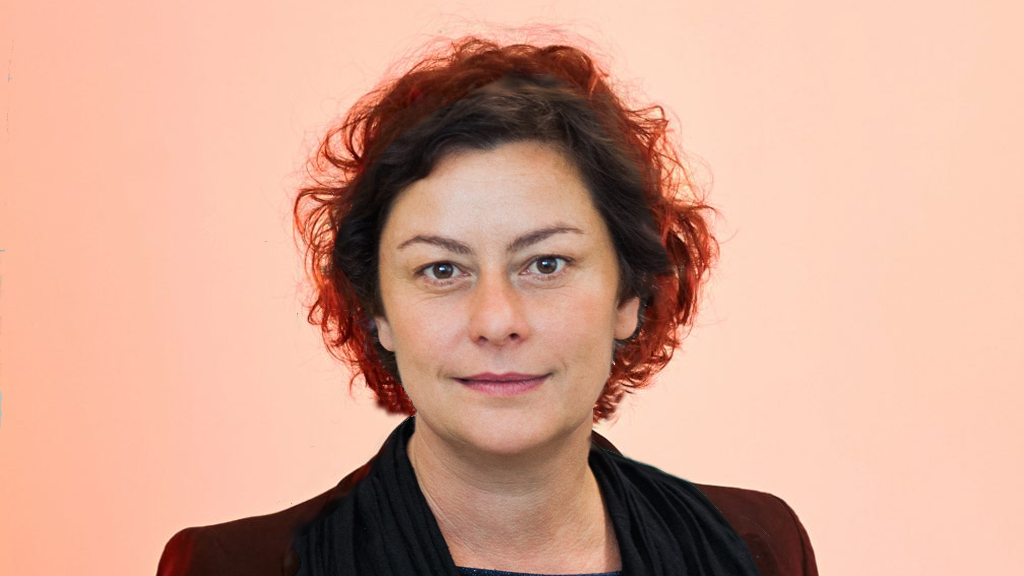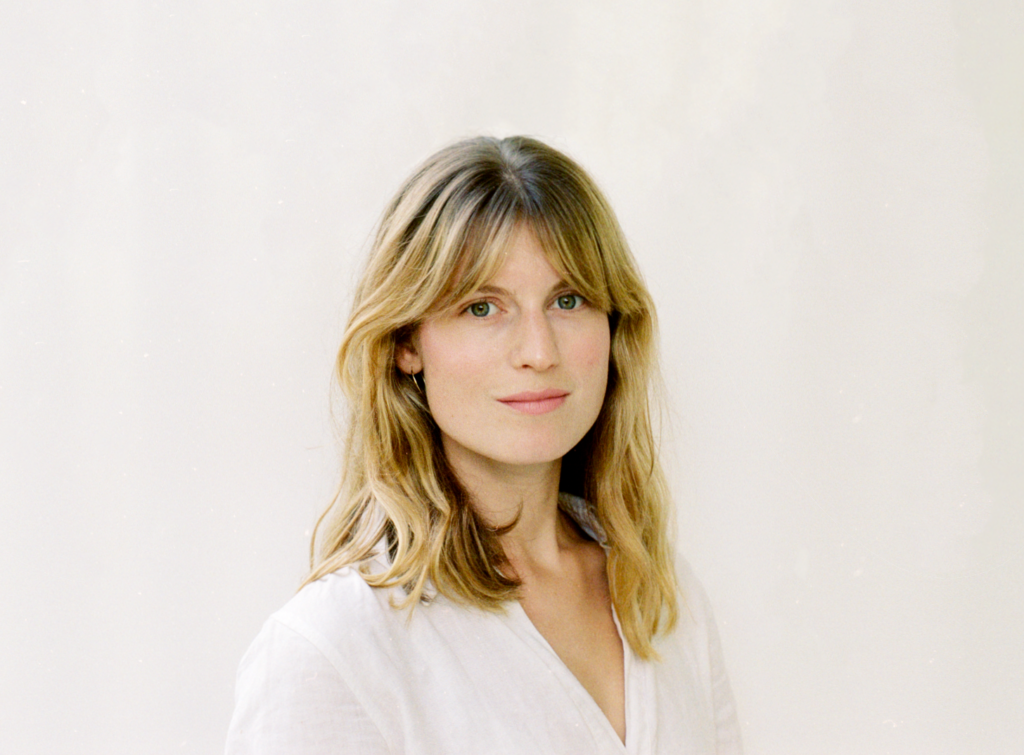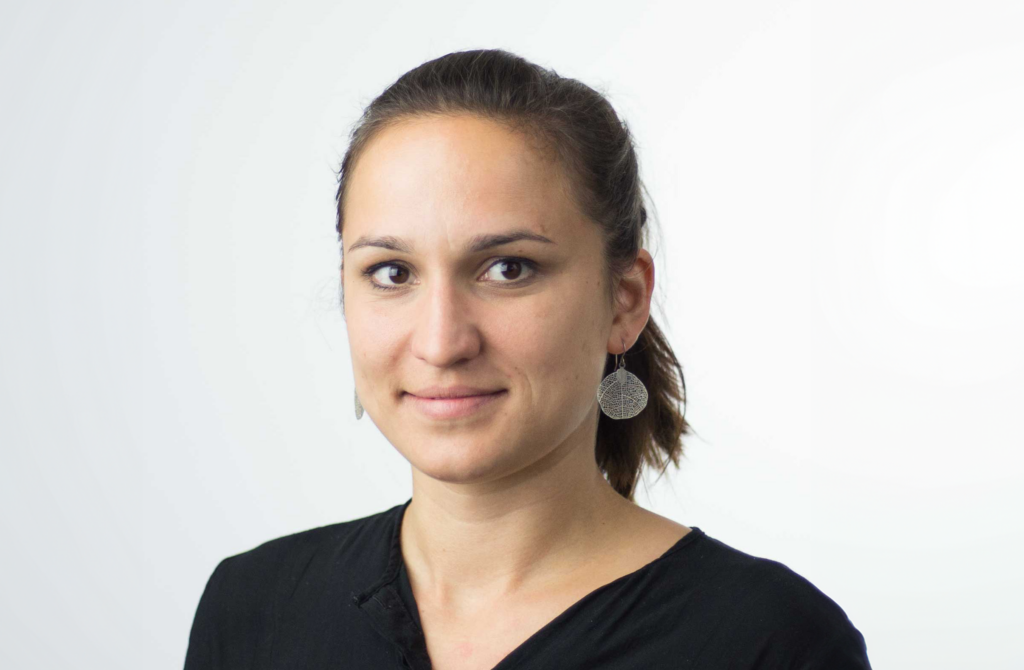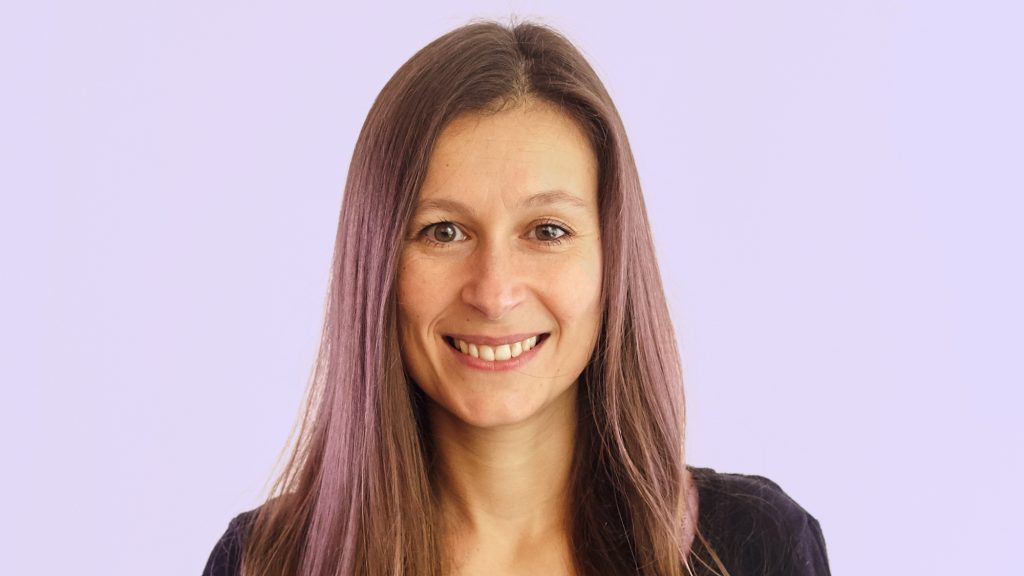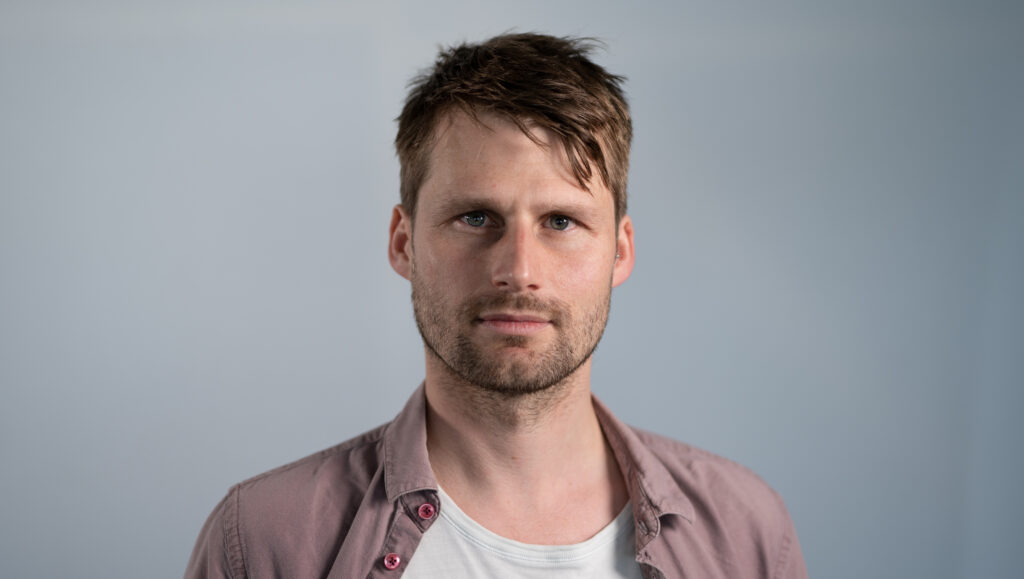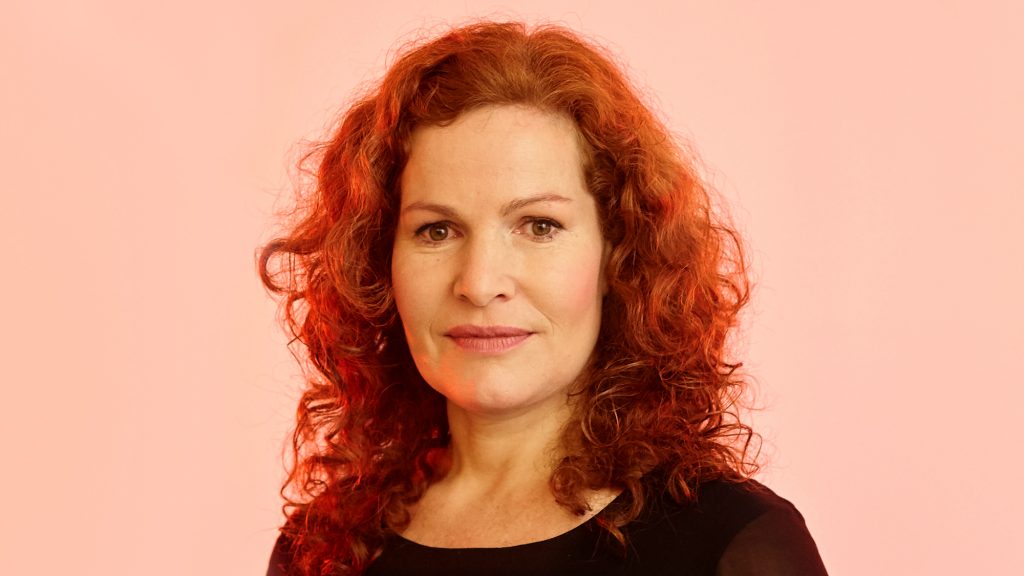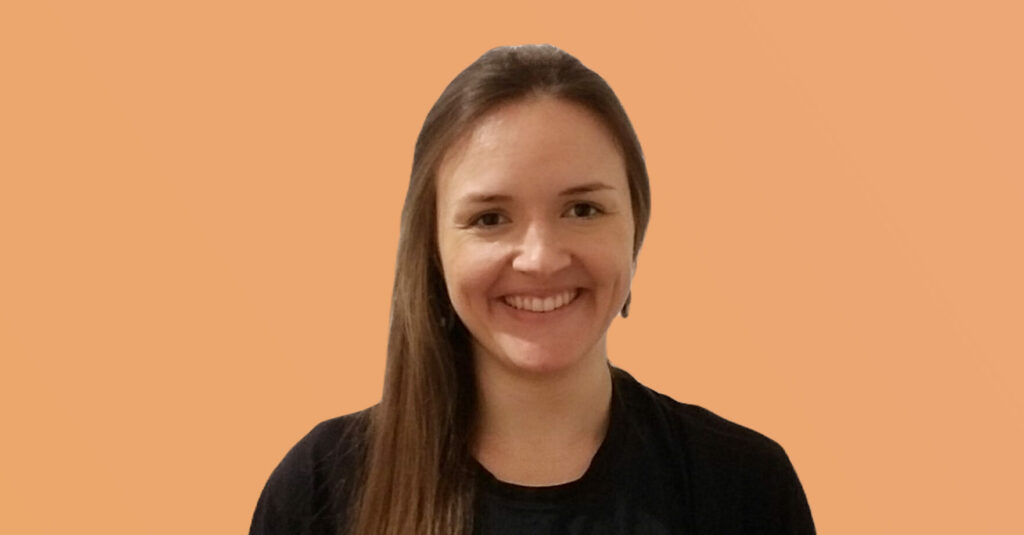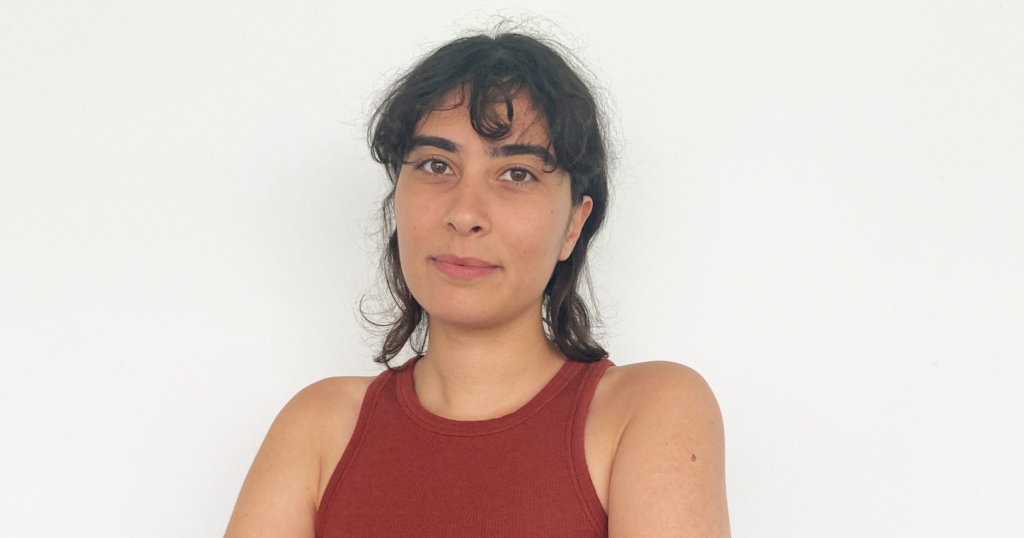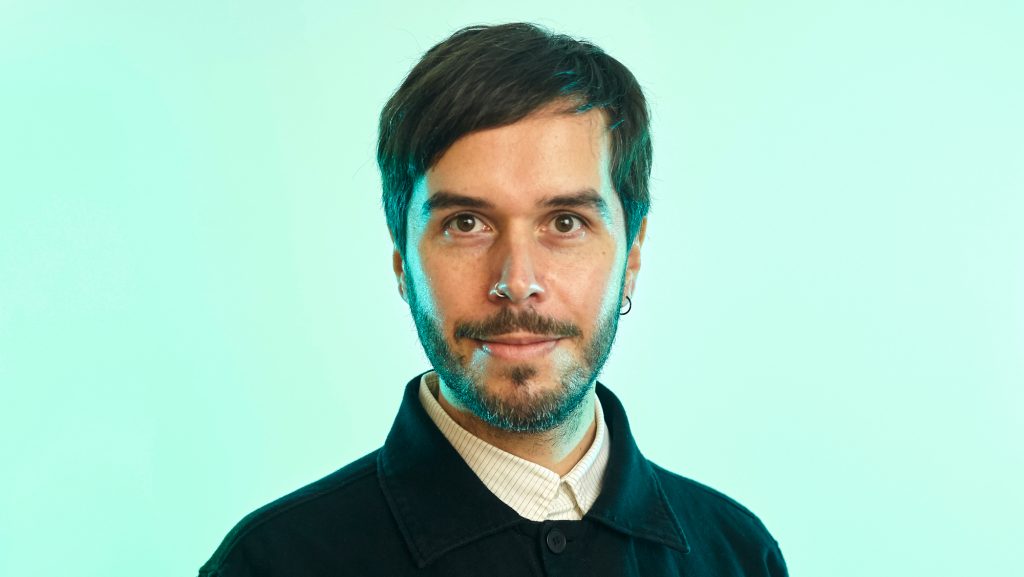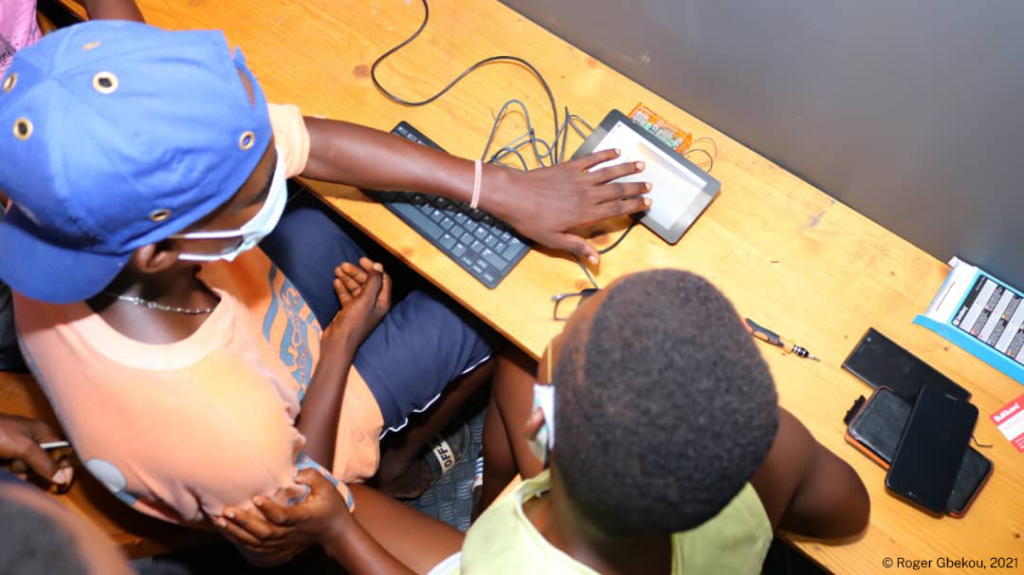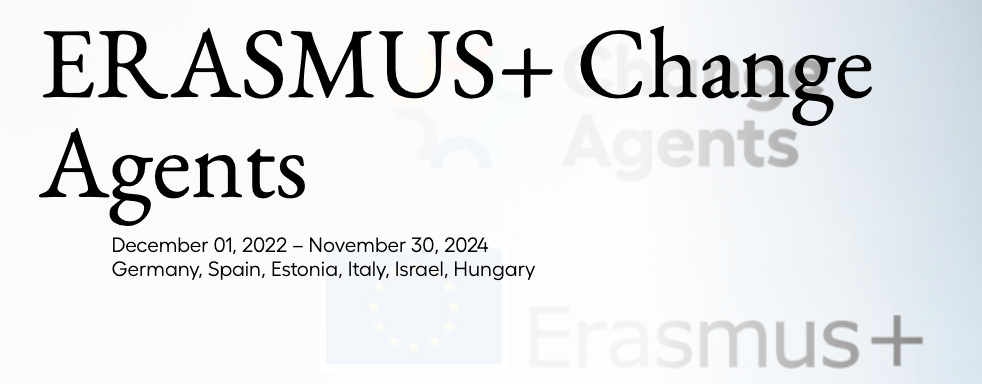Inequality and Digital Sovereignty
“Inequality and Digital Sovereignty“ is an interdisciplinary research group of the Berlin UdK at the Weizenbaum Institute for the Networked Society, funded by the Federal Ministry of Education and Research (BMBF).
Its research aims to develop a better understanding of the various dimensions of digital sovereignty and thus contribute to the construction of the concepts and leitmotifs under discussion. The constitution and coordination of personal and collective spaces for manoeuvre and decision-making will come to the fore at two levels:
• The first is how individuals and collectives deal more or less confidently with increasingly complex technologies, i.e. the sovereign use of digital infrastructures. Relevant for this are central topics such as digital competence, consumer sovereignty and the digital divide.
• On the other hand, positions of inequality and sovereignty with regard to the formability of lifeworlds are examined, which increasingly brings aspects of the social into the transformation discourse. With such a perspective, the research group develops practical and project-led approaches that allow technology and digitality to be understood as processes that can be shaped.
The different perspectives of the research group are rooted in participative and transdisciplinary design research, in which methodological approaches such as “Reallabore” and social living labs are anchored. The integrative approaches address real-world questions along the lines of practices and value systems from civil society, the public and private sectors. Against this backdrop, complex possibilities of knowledge transfer and knowledge integration are to be identified and developed, which at the same time outline social, political and economic options for action.





